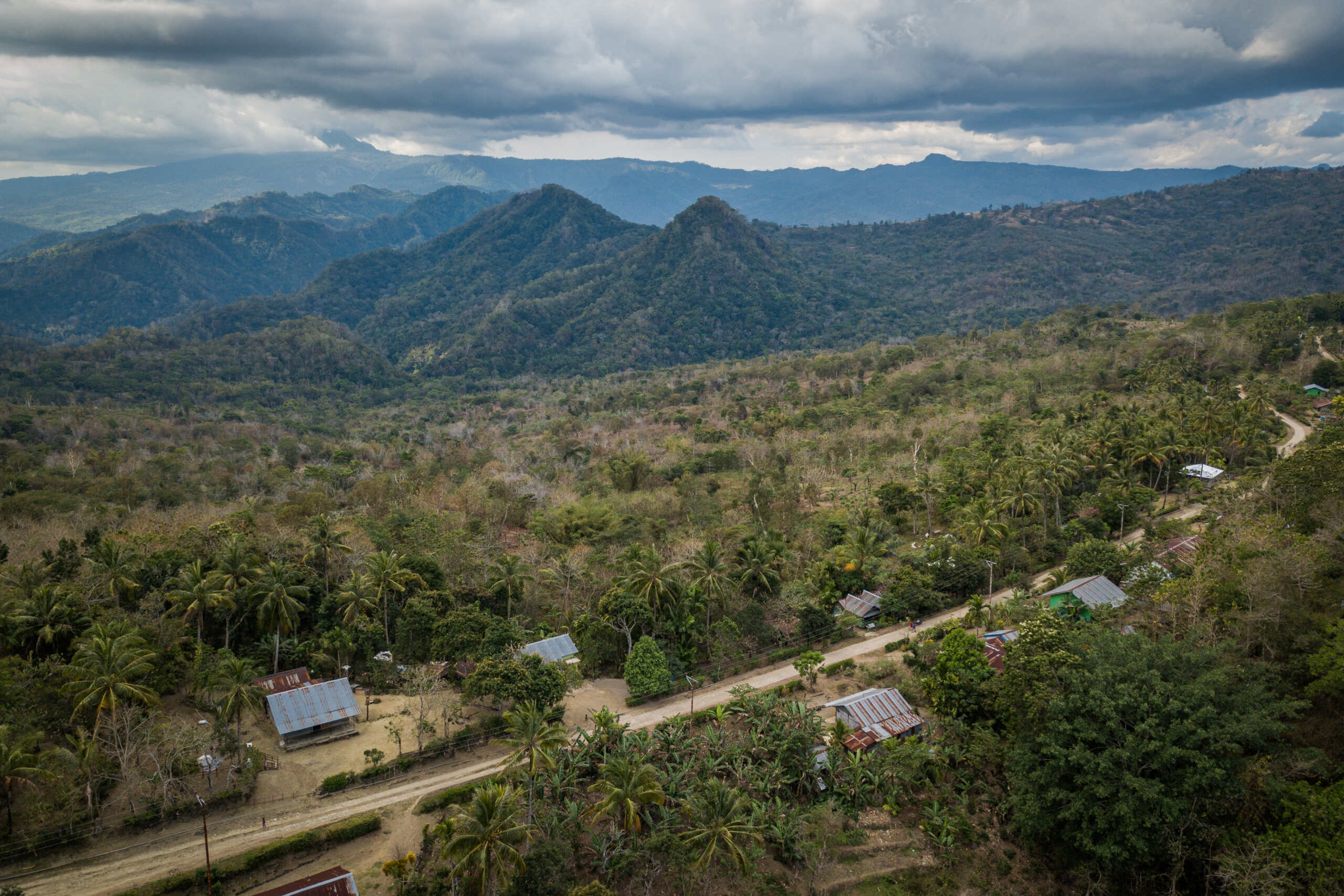Sustainable and replicable – our approach to mental health
Mental-health, Stories | October 9, 2025
At CBM, we realise that inclusion and mental wellbeing are foundational to the health and resilience of individuals, families, and communities. Mental health support must extend beyond clinical settings and away from institutionalisation – it must be embedded across all levels of society, from national policy frameworks to community-based initiatives.
For over two decades, CBM Australia has worked with the Government of Indonesia to transform mental health support in Aceh. A recent review of a mental health project previously supported by CBM Australia shows our lasting impact, with the government having since embedded a rights-based approach to mental health that integrates both medical and social support.
This approach – known as the ‘Aceh model’ – represents a paradigm shift: from institutional care to holistic, community-based support that upholds dignity, promotes inclusion, and fosters long-term recovery. Its replication across other Indonesian provinces underscores its effectiveness and scalability and reflects CBM’s contribution to transforming systems and societal norms for lasting change.
A whole-of-system approach to mental health
Fundamental to the Aceh model was our ability to address mental health at all levels of society, from Provincial and selected District Health Offices to District hospitals, Community Health Centres, villages, and people with psychosocial disabilities and their families. This approach ensures that mental health is not treated as a siloed medical issue but as a societal concern requiring attention at all levels.
Key contributions of the CBM project include:
- Provincial Level: Advocacy and technical support to embed mental health in health regulations, training curricula, and hospital practices.
- District Level: Establishment and support of mental health wards, training of health professionals, and outpatient services.
- Sub-District Level: Strengthening Community Health Centres with trained mental health nurses, home visit programs, and village-level volunteers.
- Community Level: Creation of “Mental Health Alert Villages” to reduce stigma and promote inclusion.
- Individual Level: Support for people with psychosocial disabilities through livelihood initiatives, peer groups, and community engagement.
“The key to strong mental health support is building integration internally. We have mental health volunteers working in villages, who provide home care and support. At the Community Health Centres, we do assessments of people at risk of mental illness, and other health teams… and know the avenues for referral,” explains Erliania, a mental health nurse at a local health centre.
Our review reveals that CBM’s long-term investment in community-based mental health care has led to lasting change. Government health systems are better equipped to deliver inclusive and integrated support, and a model of continuity of care – from families to specialised health services – has been successfully demonstrated.
While challenges persist, particularly in maintaining cross-departmental coordination, securing and retaining skilled and qualified mental health professional, and ensuring consistent funding for community-level initiatives, the outcomes are clear. CBM’s approach has contributed to reduced relapse rates, fewer hospital re-admissions, and a stronger foundation for inclusive, rights-based mental health care.
CBM Australia acknowledges the support of the Australian Government through the Australian NGO Cooperation Program (ANCP).
https://www.cbm.org.au/stories/sustainable-and-replicable-our-approach-to-mental-health
Related Stories

Week 3 – Lent series 2026
This week, we’re reflecting with our colleague Christian, Supporter Relationship Specialist at CBM Australia, who turns to John 13:34–35 (NIV): “A new command I give...

Week 2 – Lent series 2026
As we continue our Lent journey, we’re grateful to share a heartfelt reflection from CBM Australia’s Head of Program Impact Operations, Kieran Cummins, who...

Building inclusive, climate resilient communities in Bangladesh
Highlights from DFAT Post’s visit In January 2026, representatives from the Australian High Commission in...
